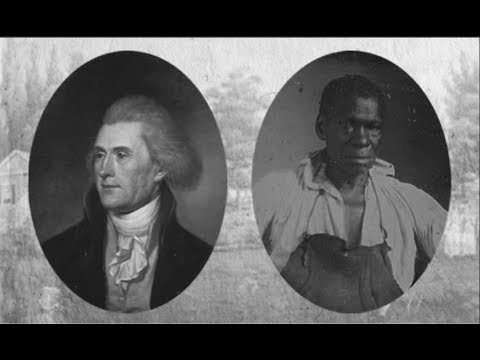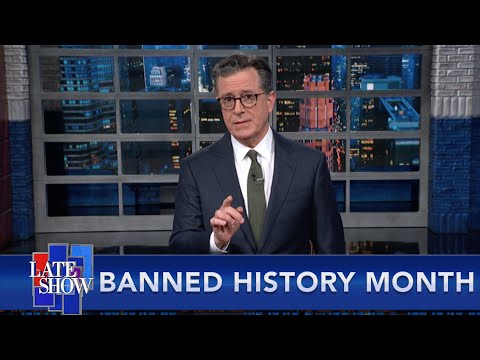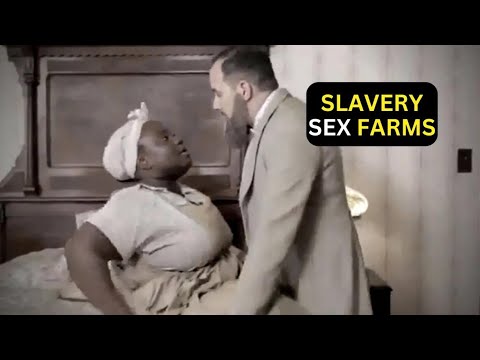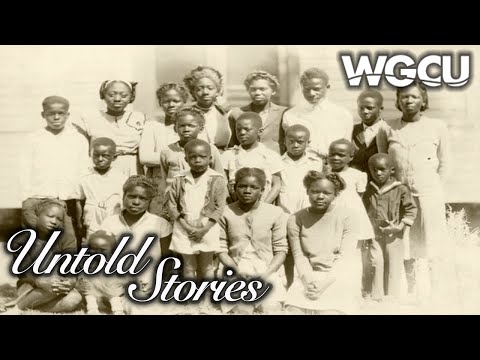Dr. Martin Luther King, Jr. was a prominent leader in the fight for civil rights and equality for African Americans in the United States during the 1950s and 1960s. His legacy continues to inspire and remind us of the importance of justice, peace, and love for all humanity. On MLK Day and throughout Black History Month, we honor his contributions with various forms of commemoration, ranging from speeches and marches to documentaries and animated videos.
Animated videos offer a unique and engaging way to educate people about historical events or individuals like Dr. King, making it easily accessible for all ages. Combining captivating visuals with impactful storytelling, animators can bring history to life in a way that grabs viewers’ attention while teaching them valuable lessons about the struggles faced by those who fought for civil rights.
An animated MLK video can present his story in a manner that is relatable and understandable for children, ensuring they learn about his work from an early age. The video can illustrate significant milestones such as King’s leadership during the Montgomery Bus Boycott, which successfully challenged racial segregation laws on public transportation. Animation can vividly portray pivotal moments like the March on Washington where he delivered his famous “I Have a Dream” speech, dreaming of a future where racial discrimination no longer exists.
Using animation also allows creators to tackle complex topics surrounding Dr. King’s activism in an accessible way. They can visually explore concepts like nonviolence and peaceful resistance through illustrations that capture their essence while appealing to younger audiences without overwhelming them with graphic details or mature content.
Furthermore, animation has the power to transcend language barriers since it relies heavily on visuals rather than verbal communication alone. Through images, characters, and animations that convey emotions convincingly, animated videos can reach international audiences while spreading awareness about Dr. King’s achievements and spreading his message of equality.
To ensure historical accuracy, animated videos about Dr. King’s life should be carefully researched to maintain the integrity and authenticity of the information portrayed. While creative liberties can be taken to make the video more visually appealing, it is essential to respect the legacy of Dr. King and accurately represent his life’s work.
An animated MLK video can intertwine lessons about empathy, acceptance, courage, and determination throughout the storytelling. By emphasizing these values, viewers learn not only about Dr. King but also about recognizing injustice, taking a stand against it, and working towards a fairer society.
MLK Day and Black History Month serve as reminders of how far we have come in our ongoing struggle for equality while highlighting the work that still lies ahead. Animated videos provide a platform to inspire and educate individuals from all backgrounds as they learn about Dr. King’s life and reflect upon how they too can make a difference in their communities.
In summary, animated videos depicting the life of Dr. Martin Luther King, Jr. are powerful tools for sharing his story with audiences of all ages. By using creative visuals and compelling storytelling techniques, these videos ensure that future generations understand the significance of Dr. King’s work in fighting for civil rights and promoting peace and harmony among all people. As we honor his legacy on MLK Day and throughout Black History Month, let us remember that real change begins with education, understanding, and compassion for all humanity.





